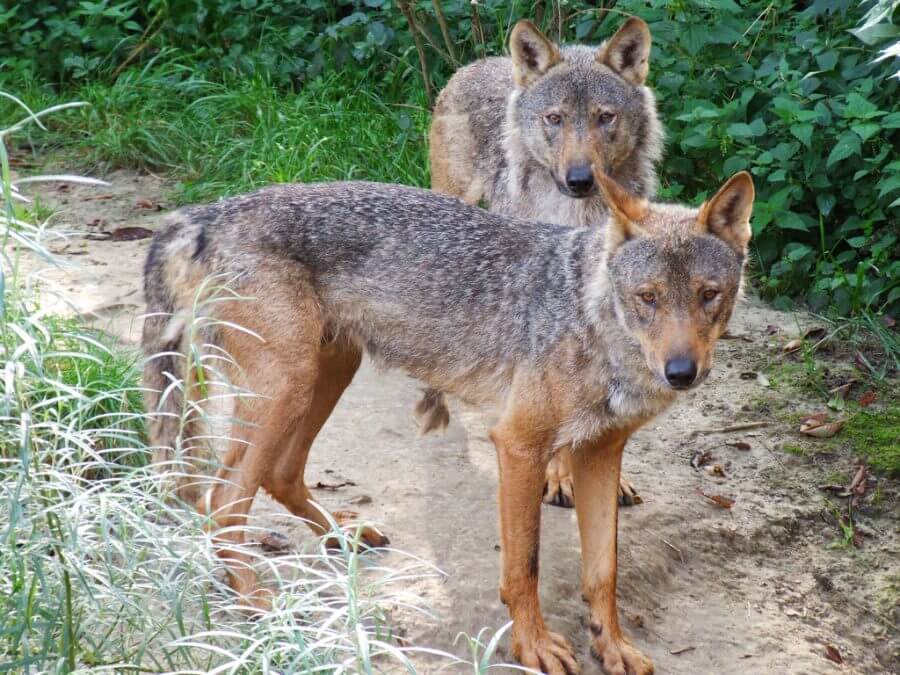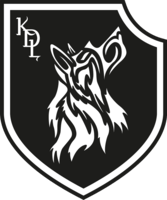The wolf, a great predator and folk terror, was hunted down and exterminated to protect the safety of humans and their livestock.
Isabel Barja, from the Autonomous University of Madrid, has studied the feeding habits of the Iberian Wolf (Canis lupus signatus) or Spanish Wolf, a subspecies of the Grey Wolf (Canis lupus lupus), and has shown that in Galicia it prefers wild ungulates to livestock.
Between 1998 and 2002, wolf faeces from Galicia were analysed to determine their diet. As a result, Isabel Barja states that « in 87.1% of cases, carcasses of wild ungulates were found, while domestic animals were present in only 11.3% of cases, as well as, to a lesser extent, the remains of carnivores such as badgers, dogs and cats« .
Analysis of the 593 wolf droppings found revealed that Spanish wolves preferentially consumed roe deer (Capreolus capreolus), followed by red deer (Cervus elaphus) and wild boar (Sus scrofa) in 62.8%, 12.6% and 10% of cases respectively. Domestic goats and sheep accounted for only 7.7% and 2.9% of the diet, although no wolf attacks were recorded during the study period. This can be explained by the looting behaviour of the wolf, which does not hesitate to seize animal corpses.
A well-behaved wolf
The other major point of this study is that wolf predation on wild species is independent of the availability of domestic prey.
It confirms that wolves do not feed on the easiest prey, but prefer wild animals. « In areas of low density and diversity of wild ungulates where wolves hunt livestock, the increase in wild prey, the vigilance of livestock and the limited access to carcasses may force wolves to specialise in wild animals, » explains the researcher, « and to transmit this behaviour to their offspring« .
This change in canid behaviour should make it easier for wolves and humans to live together. It proves that if the presence or reintroduction of wolves is accompanied during the first 15 years by efforts to protect livestock, a new balance can develop in favour of livestock farming.
This would make wolf conservation more bearable for livestock farmers and therefore more effective for these predators.

Artificial intelligence translation.
Click here to read the French version
